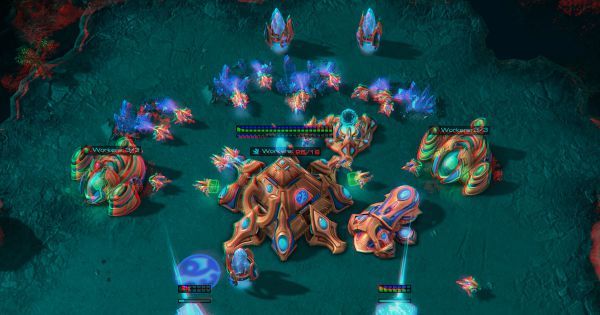It took “200 years of training” to get to this point.



Virgin Galactic founder Richard Branson aims to fly to space on the first-ever commercial SpaceShipTwo flight in mid-2019.
On Thursday, Branson spoke about SpaceShipTwo on the CBS This Morning TV show, and how Virgin Galactic is collaborating with Under Armour to equip future astronauts with proper space attire and footwear, SpaceNews.com reported. During the interview, Branson said Virgin Galactic is conducting additional tests for the first commercial SpaceShipTwo flight, which is expected to take place later this year.
How soon do you see people in space wearing an @UnderArmour outfit?
The Vajra (thunderbolt) tradition goes back at least to Amen of the Egyptian Old Kingdom. It passes on through thunderbolt-wielding Zeus/ Jupiter; and is also found in India and Tibet in the Vajrayana (Tantra) tradition. Tantra entails the study of all relevant traditions to determine the best. It contradicts neither science or religion. This C19th Tibetan tsakli is from a group of five Vajragarudas. Several ancient Egyptian emblems that survive in tsakli are given in Hypermodern Magick/ Khemetic Chess (Vol 2 of 3, Mandrake of Oxford series). This type of Buddhism seems particularly suitable for radical futurists.

https://paper.li/e-1437691924#/
Whether the app reveals the debtors’ names or photos is unknown, nor does China Daily mention how much money is owed or to whom — but according to paper the app allows people to “whistle-blow on debtors capable of paying their debts.”
“It’s a part of our measures to enforce our rulings and create a socially credible environment,” said a spokesman for the Higher People’s Court of Hebei — which is behind the app.
The “map of deadbeat debtors” is yet the latest in China’s push towards a shame-based “social credit score” system which has already been deployed in several parts of the country. According to a November report, Beijing has an ambitious plan to control China’s citizens through a system of social scoring that punishes behavior it does not approve.

Countries are rolling out ambitious plans to gain a competitive edge in AI. What principles will ensure that AI is deployed safely and ethically?

A new report published by technology research company IDTechEx has found that 3D printing is disrupting the way in which personalised medicine is provided.
Shorter lead times, reduced waste and an opportunity for mass customisation are some of the benefits that 3D printing can offer the medical and dental industry, the firm said.
In the latest IDTechEx Research report, 3D Printing in the Medical and Dental Industry 2019 – 2029, 3D printing in the medical and dental industry is estimated to be worth over $8.1bn by 2029.


Few people remember that the Panama Canal started out as a world-cringing disaster, with the French Company spending over $287 million and causing more than 20,000 deaths, before throwing in the towel and filing for bankruptcy. Again, this set the stage for a far more successful effort led by the U.S. that followed.
But what happens when we no longer fail forward? Or what if there are too many failures all at once?
We are more dependent on technology today, than ever before in history. And it’s rather obvious, as this trend continues, that we will use more technology in the future than we do today.